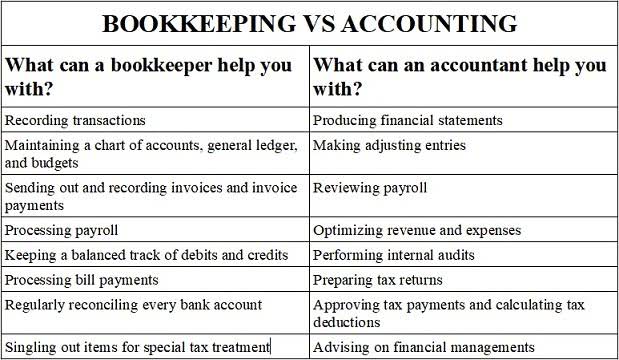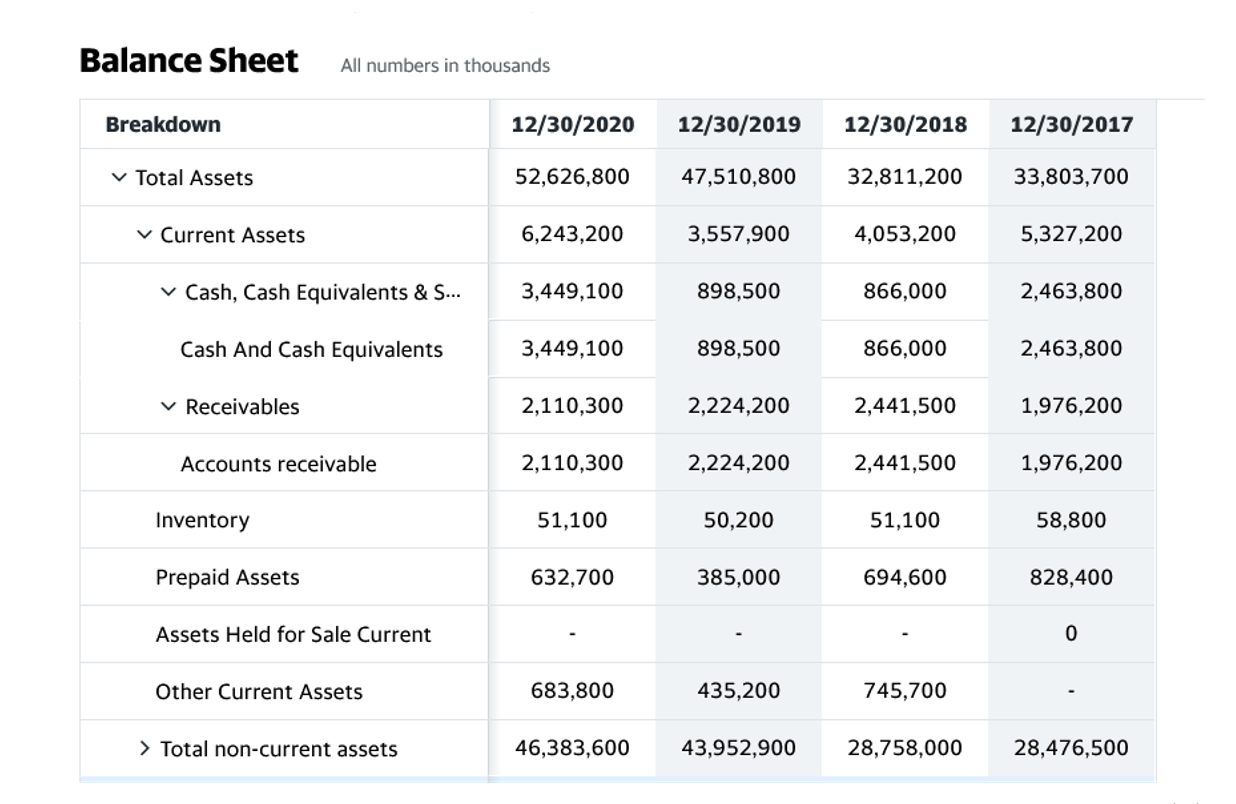
AI makes vendor management better by streamlining onboarding and analyzing ai accounts payable supplier performance. AI technology is changing vendor management by making processes more efficient, like in supplier onboarding and assessments. Artificial intelligence can review payment details against contracts to check through dates, discounts, and other information before payment processes. Automation would check supporting POs and receipts to double-check invoice accuracy, which prevents costly errors. Generative AI and advanced data extraction mechanism promised increased efficiency throughout the accounts payable process. By automating repetitive tasks, AI frees up employees to focus on more strategic activities.

8. Accounting Codes Prediction
But as AI technology continues to evolve, its role in AP is only expected to expand further. Generative AI, for instance, is poised to streamline and automate the invoice-to-pay cycle, reducing manual intervention and improving accuracy. An invoice arrives, it is reviewed, entered into an enterprise resource planning (ERP) system, matched with a purchase order, and scheduled for payment. As technology continues to evolve, the scope fixed assets for innovation in AP automation widens.

How Can AI Be Used in Accounts Payable?
He suggests that CFOs let AI handle the heavy lifting, and combine advanced technologies to elevate your team’s skills, augmenting human capabilities to the next level and driving positive sum growth. As finance leaders take on the reign on technology, it is part of their job to understand how AI can drive collaboration between AP and other departments, such as procurement and finance, to enhance overall efficiency. On the other hand, RPA requires human intervention to automate repetitive processes that have been defined by an end user.
- While AI offers transformative potential in the realm of accounts payable, it can also present challenges, such as data security risks due to the sensitivity of financial data and potential job displacement.
- Artificial intelligence can be used to improve AP processing by allowing you to perform tasks smarter, better, and quicker.
- AI boosts security in accounts payable by recognizing fraud patterns in real-time.
- There is no risk of slowing down or tiring, with these machines capable of operating 24/7.
- Traditional invoice processing can be time-consuming, error-prone, and costly.
- Furthermore, when selecting AI tools for automating accounts payable, security and compliance should be top priorities.
Fraud Detection and Prevention
As AI continues to advance, it will further enhance predictive analytics, fraud detection, and process automation, driving innovation in accounts payable. This technology is poised to make financial management faster, smarter, and more secure, setting the stage for the future of the industry. AI is revolutionizing AP by streamlining cumbersome processes, improving accuracy, and enabling real-time decision-making. It’s changing how companies handle invoices, payments, and vendor relationships, making processes more efficient and cost-effective.
- From Alexa and Siri to text messaging suggestions and bots, artificial intelligence is making its presence known in business and day-to-day lives — making everything smarter, better, and quicker.
- Automated systems are not infallible, so businesses must ensure oversight mechanisms are in place to prevent misjudgments.
- Moreover, Cheah says predictive analytics uses historical data and Machine Learning (ML) to forecast cash flow, identify trends in payment delays, and predict future spending patterns.
- Without structured, up-to-date, and accurate master data, even the best AI cannot make reliable decisions.
- For decades, finance teams have relied on historical data, gut instinct, and Excel spreadsheets to manage cash flow.
Businesses want to step away from this and improve the quality of their AP ecosystem – in terms of time, correctness, cost, transparency, and workflow. AI takes the load of the AP department, and that starts to pay more dividends in the long run. Your business frees up capital, improves the Record Keeping for Small Business bottom-line, and improves its relationship with the suppliers. Inconsistent workflow, the legacy processes in place may mean too many manual touchpoints before approval, inability to handle exceptions, and a longer wait to payment fulfillment. The dashboard shows the total invoices processed out of the total received so far. If the number is high, then it shows your AP team’s capacity to handle a higher volume, but if it is on the lower end, then its time to make some changes around your AP team.

Eliminates labor-intensive tasks
While many mid-sized businesses have automated parts of their AP workflows, the complete end-to-end AP process involves multiple steps, including invoice processing, invoice routing, remittance, and auditing. By leveraging AI in accounts payable, departments can capitalize on more early payment discounts since the technology pinpoints crucial areas for assessing cash flow and discount conditions. Additionally, the advent of robotic process automation (RPA) streamlines traditionally labor-intensive tasks such as document handling, filing, and data input.

An efficient accounts payable process requires buy-in from everyone involved. If you’re going to make one change to make the work easier, you may as well look at other parts that can be changed as well. It’s best practice to get feedback from those involved in the accounts payable process to inform what you should look for in a new accounts payable platform.
By leveraging AI for data extraction, businesses can simplify processes, cut down the risk of errors while saving significant time. The integration of AI in accounts payable is revolutionizing financial operations for businesses across various industries. By automating repetitive tasks and streamlining processes, AI technology enhances efficiency, accuracy, and cost-effectiveness in managing accounts payables. AI-powered systems provide real-time insights into cash flow, spending patterns, and vendor performance. This enables businesses to make better-informed decisions regarding procurement strategies and payment terms.
